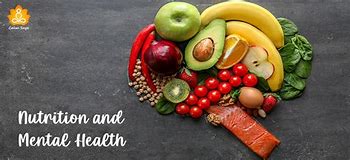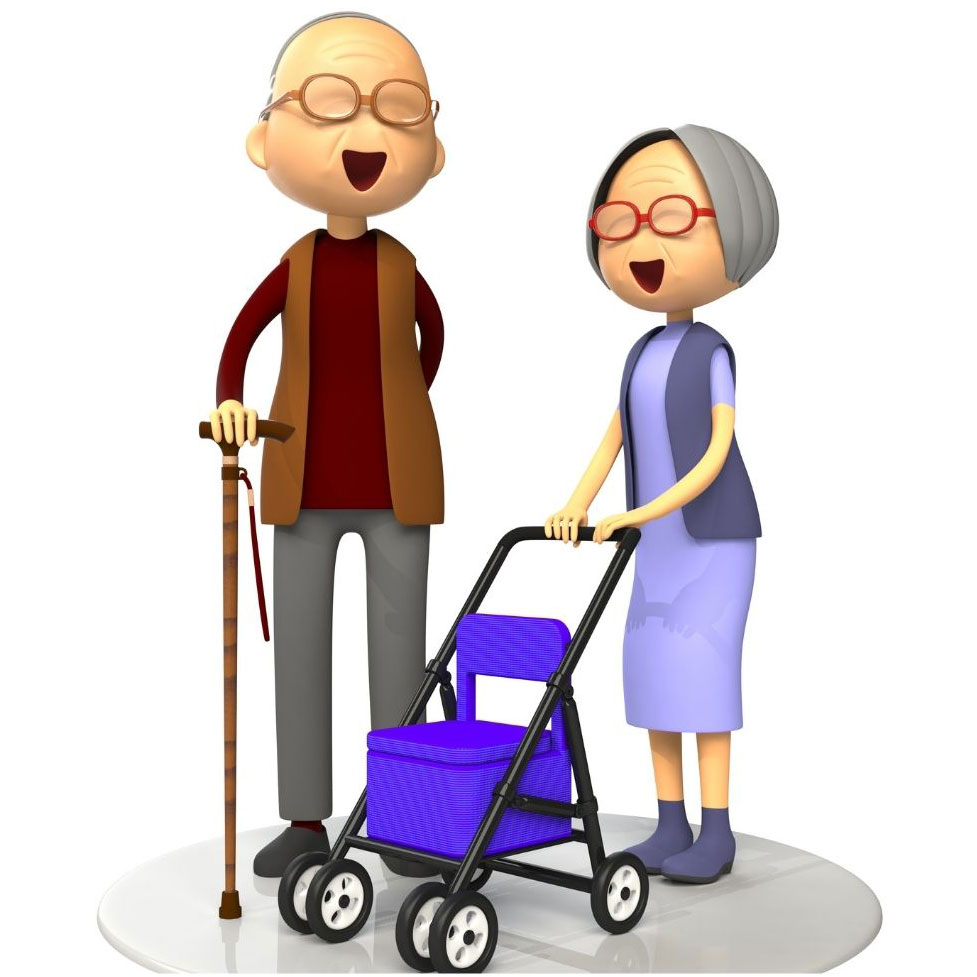The Link Between Nutrition and Aging is vital for seniors
Therefore, it’s important for older adults to pay close attention to their nutritional needs and make adjustments as needed. This may involve increasing the intake of certain nutrients, such as calcium or vitamin D, to support bone health, or reducing the intake of sodium to support heart health. In addition, older adults may benefit from consuming more antioxidant-rich foods, such as fruits and vegetables, to protect against cellular damage and support overall health.
It’s also important for older adults to pay attention to hydration, as our sense of thirst may decrease as we age. Dehydration can have serious consequences for older adults, including cognitive impairment and increased risk of falls. Therefore, older adults should aim to drink plenty of fluids throughout the day, particularly water and other non-caffeinated beverages
Thousands Now Eat Healthier Who Never Thought They Could. You Can Too. As Seniors We Need It.
The Link Between Nutrition and Aging: Nutritional Needs Change With Age:
Tip 1

As we age, our bodies require different nutrients than they did when we were younger. For example, seniors need more calcium and vitamin D to maintain bone health, as well as more vitamin B12 to support brain and nerve function. Additionally, seniors may have difficulty absorbing certain nutrients due to changes in their digestive system. Therefore, it’s important for seniors to pay attention to their nutritional needs and adjust their diets accordingly.
Chronic Conditions are More Common in Seniors:
Tip 2

Seniors are more susceptible to chronic conditions such as heart disease, diabetes, and arthritis. These conditions can be exacerbated by a poor diet that is high in saturated and trans fats, sodium, and added sugars. By eating a healthy diet that is rich in fruits, vegetables, whole grains, lean proteins, and healthy fats, seniors can help manage these chronic conditions and reduce their risk of developing them in the first place.
Mental Health is Linked to Nutrition
Tip 3

Good nutrition is important for mental health as well as physical health. Seniors who eat a healthy diet are less likely to suffer from depression, anxiety, and other mental health issues. Eating a balanced diet can also help seniors maintain cognitive function and prevent cognitive decline, which can be a major concern for older adults.
Healthy Eating Can Improve Quality of Life:
Tip 4

Eating a healthy diet can have a positive impact on the quality of life for seniors. A balanced diet can help seniors maintain their independence and continue to participate in activities they enjoy. Eating nutritious foods can also improve energy levels and overall well-being, which can help seniors feel more engaged and fulfilled in their daily lives.
Tips for Eating a Healthy Diet:
Tips 5
- Eat a variety of nutrient-dense foods, including fruits, vegetables, whole grains, lean proteins, and healthy fats.
- Limit processed and high-fat foods, which can increase the risk of chronic conditions such as heart disease.
- Stay hydrated by drinking plenty of water and avoiding sugary beverages.
- Make sure to get enough calcium and vitamin D to maintain bone health.
- Choose healthy snacks such as nuts, fruits, and vegetables, rather than processed snacks.
Final Thoughts
Final
By following the tips provided in the post, such as eating a variety of nutrient-dense foods, limiting processed and high-fat foods, staying hydrated, and choosing healthy snacks, seniors can make positive changes to their diets and improve their overall health and well-being.
Overall, nutritional needs do change with age, and it’s important for older adults to stay informed about their specific needs and make adjustments to their diet as needed. By maintaining a balanced, nutrient-rich diet and staying hydrated, older adults can support their health and well-being as they age.






